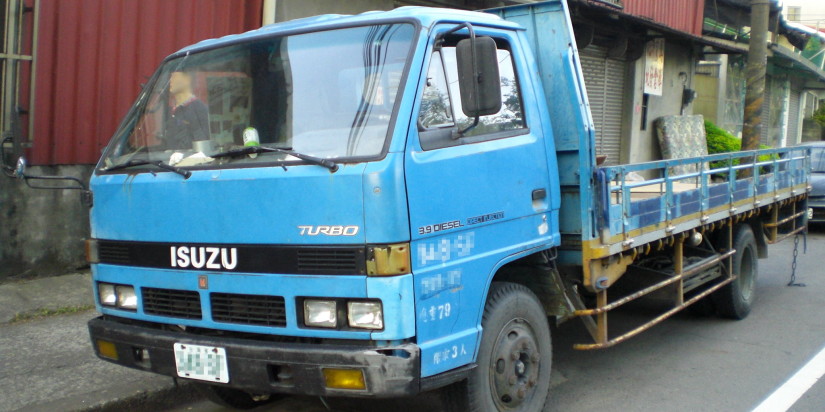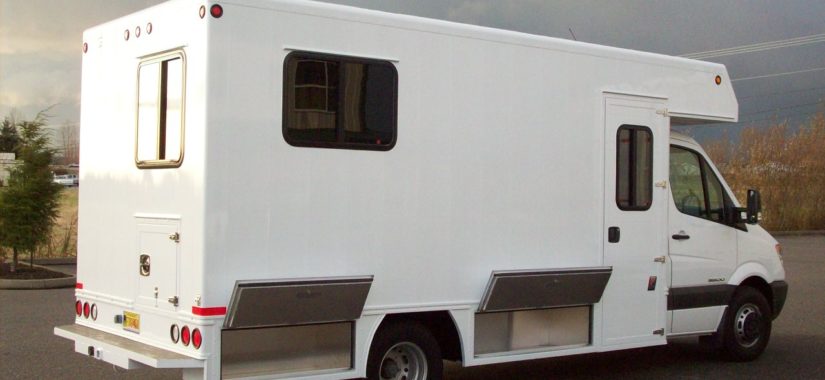Choosing Between Gas versus Diesel
I’m trying to choose between gas and diesel for my next vehicle. I had heard from various places and advertisers that diesel engines last about twice as long as gas engines and are better for carrying loads. All good and well, but I also was curious why they might have twice the duration. I did a little digging and ran across the following in a Q&A post online:
“There are a LOT of factors that determine the longevity of any engine. The selection of gas or diesel really comes down to a matter of application. A gas engine is better suited for some applications and a diesel others. In this day and age there is less longevity difference between the two engines. The main reason the older diesel engines tended to last longer than their gas counterparts was largely due to the fact that for a specific power output they tended to turn much slower than their gas counterparts, thus much less total revolutions for a given mileage. The decision now basically comes down to figuring out which engine suites your application best. Gas engines tend to be better suited to being stopped and started often, they will easily rev at higher RPM, and are thus better for high speed driving. Gas engines require less maintenance and are generally better suited for less caring drivers, they are also MUCH cheaper to purchase/repair/replace as a general rule. The gas engines are better suited for uncaring operators. Gas engines will start more reliably in cold weather, and don’t require as much operator care. Diesel engines are best suited for heavy load low speed applications, city only trucks that are either door to door, or sit at a dock a significant amount of time between deliveries are ideal. Diesel engines can easily be destroyed by abuse. Many careless operators will run a diesel as hard and fast as the engine will allow. They will often cruise the highway at maximum engine RPM, this severely shortens the life of the engine. Imagine doing the same to a gas engine. Diesels tend to get better fuel mileage, however some of this is offset by the higher maintenance costs. It may be that the problems you are having is two fold, the operator, and potentially the specifications of the truck itself. If it is geared to run a maximum speed near where you maximum operation speed is expected you will be running this engine at maximum RPM. The other side of this coin is maintenance. Diesel engines require different maintenance practices, different oil, different coolant treatment, and careful attention to the fuel system. In my experience many people look to using a diesel for all the wrong reasons. The other thing to keep in mind is that often the gas engine is actually a more powerful engine by a significant amount. This again points to what is needed for the application, Diesel tend to produce more torque (good for starting a load moving) while gas engines tend to produce more horsepower (good for keeping a load moving at speed) our local lumber company has gone back to using all gas engines because their trucks generally get started and stopped a lot with quick sprints down local highways to a broad service area, their cost per mile has gone down significantly. The thing to realize is that the application for the small diesels is not the same as in an over the road class 8 truck. The over the road trucks are geared to operated the engine at the peak efficiency at cruise speed. They also have MANY more gears to use to keep the engine operating within a VERY tight rpm band. These engines only produce good power over a maximum of 1000rpm band. That is why MOST class 8 trucks have a minimum of 10 speed transmissions, often as many as 18 speeds and more in special applications. In the smaller trucks the diesel is wonderful for applications like refuse trucks, tow trucks, buses and the like. As far a brand of engine, the Isuzu has generally been as reliable as most other engines in its class. The B series cummins would probably be my first choice for a diesel in a medium truck. However I run the 5.7L gm engines and am commonly getting above 300,000 miles before they need replacing. The great thing is they can be replaced for less than what it costs to rebuild just the fuel injection system on many of the diesels. Yes, a give up a little bit in fuel mileage in town but on the highway they is very little difference. In the Isuzu/Chevrolet NPRs this is an excellent choice for many companies.”
Read more: http://www.justanswer.com/heavy-equipment/30gd1-serveral-isuzu-npr-diesel-gas-trucks-two-oldest.html#ixzz3h04EcTGK



